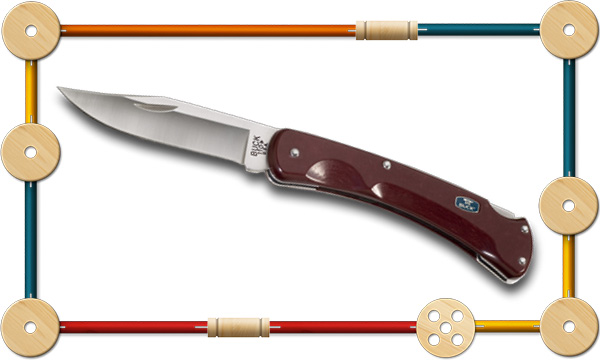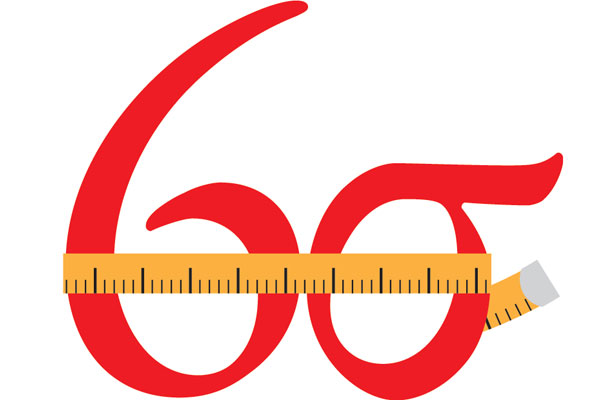Articles
Lean Supply Chain

Are Your Processes Adding Value or Waste?
Packaging helps protect and preserve products, but these days companies tend to over-package and over-protect. Excess packaging illustrates the waste known in Lean methodology as overprocessing. Added processing that doesn’t bring value to goods or services in the customer’s eyes creates unnecessary waste. When trying to eliminate overprocessing waste, start by focusing on standardized work. […]
Read More
Plan Ahead to Avoid Overproduction
Sometimes too much of even a good thing can be bad. Such is the case with excess inventory. Companies need sufficient inventory to meet customer demand, but too much stored product can result in negative consequences, such as high carrying costs. When companies produce or purchase too much inventory, it is often the result of […]
Read More
The Lean Supply Chain: A Field of Opportunity
Businesses all around the world are familiar with the value of lean principles. The current conditions of globalization and competitive environments require operating a lean business now more than ever. Lean principles teach to eliminate waste and focus only on those things that result in customer value—ultimately building business cultures that focus on problem solving. […]
Read More
Playing the Waiting Game
We all want to do our jobs, and are paid to do so. Often, however, we must wait for information or materials from suppliers, supervisors, other departments, and even customers. While we wait, we can get distracted and end up wasting even more time. In Lean terms, waiting is one of the eight wastes. Identifying […]
Read More
Eliminating Wasted Motion
At some point in our careers, most of us have felt we’ve wasted time or effort accomplishing a job that should have been easier, more efficient, and possibly safer to do. One way to help workers make better use of their time and effort is to identify and eliminate sources of wasted motion. In a […]
Read More
Minimizing Wasted Movement
Ideally, material should flow smoothly from Point A to Point B in a process, and be touched only once. That is rarely the case, however. More likely, material is touched and moved many times before its ultimate use. In Lean terms, this excess transportation or movement is waste that occurs when temporarily locating, filing, stocking, […]
Read More
Inventory…What a Waste
We all know that inventory is a necessity. When you fully understand its purpose and cost, however, you realize why lean practitioners consider it one of the Eight Wastes. Inventory can be among a company’s most expensive assets, representing up to half of total invested capital. The major reasons for carrying inventory are to decouple […]
Read More
Making a Business Case for Lean MHE
Q: What are the biggest cost drivers in a distribution center? A: Distribution centers are driven by four primary costs. Labor is usually the largest cost, which is why companies focus on it so much. Second is the building itself. Third are the IT systems necessary to support the operation. Finally, there’s materials handling equipment […]
Read More
Leveraging Lean and Labor Management
Q: In the context of retail, what is lean labor management and what does it entail? A: Lean has origins in manufacturing, but some of its concepts apply in the retail space—notably, reducing waste and increasing quality. Using these lean components as a foundation for labor management increases productivity and reduces costs in a warehouse […]
Read More
The Journey to Continuous Supply Chain Improvement
For the past several years, businesses have focused on cutting supply chain and logistics costs. Their efforts have been partially successful, but they have left a lot on the table, not only in terms of cost reduction opportunities, but also productivity and quality. Applying lean manufacturing principles to supply chain and logistics operations is one […]
Read More
Integration: Bucking Convention
Buck Knives’ lean integration has allowed the company to sharpen efficiencies in its manufacturing operation, increase output, and pull back production from China.
Read More
Tough Economic Times Require LEAN Logistics Solutions
With economic pressures rising, companies must seek ways to evaluate their current state, and design a future state that surpasses their strategic goals and their customers’ expectations. Manufacturers, retailers and distributors are constantly working to improve their performance in quality, cost, delivery and service. With those goals in mind, forward-thinking organizations are pursuing LEAN assessments […]
Read More
Lean: The Next Best Thing to ‘Clip-and-Save’
Everyone respects the cost-cutting power of a good coupon. It’s simple to use, easy to grasp, and highly effective for easing pain at the cash register. The logistics sector has an equivalent that saves far more than just a few pennies. It’s called Lean. This popular quality-improvement process leads to documented savings that you can […]
Read More
Lean Six Sigma: Leaning by Degrees
Lean Six Sigma enablers and practitioners are using continuous improvement methodologies to squeeze cost and inefficiency out of the supply chain.
Read More
Crack the WIP for a Leaner Supply Chain
As the nation begins to emerge from the economic downturn, companies are focusing efforts on reducing costs and streamlining work to prepare for the increased demand recovery will bring. Implementing a lean culture to eliminate waste in every area of the value stream will be a key focus for many operations. At the core of […]
Read More
Deere Customer
Any devoted demand-driven logistics practitioner might take issue with the catchy headline on a recent Bloomberg BusinessWeek article: "Low Inventory Angers John Deere Customers." The article quotes unhappy dealers who can’t get equipment from Deere as quickly as they want. One reports losing "half a dozen deals a month." Farmers aren’t happy, either. The culprit, […]
Read MoreManaging Inventory: From Fat to Lean
As more businesses source from offshore manufacturers and suppliers, having visibility and control over moving inventory requires both a tactical and strategic lean approach.
Read More